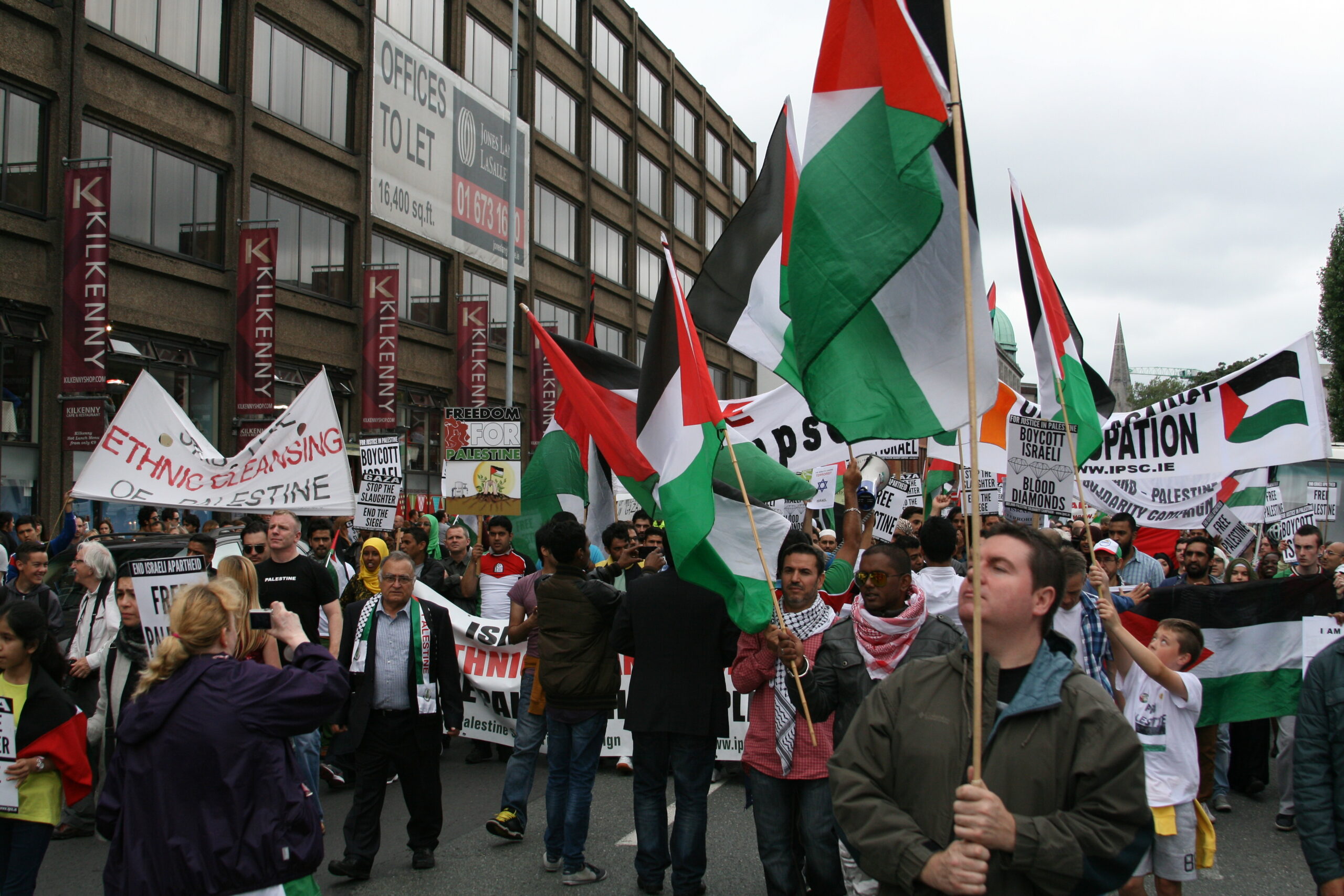
From Encountering the “Other Side” to Social Change Activism
Organizations that bring together people from multiple sides of a conflict can play an important role in motivating participants to become activists for social change.

When Countries Increase Their Military Budgets, They Decrease Public Health Spending
When military spending increases by 1%, spending on health decreases by 0.62%.
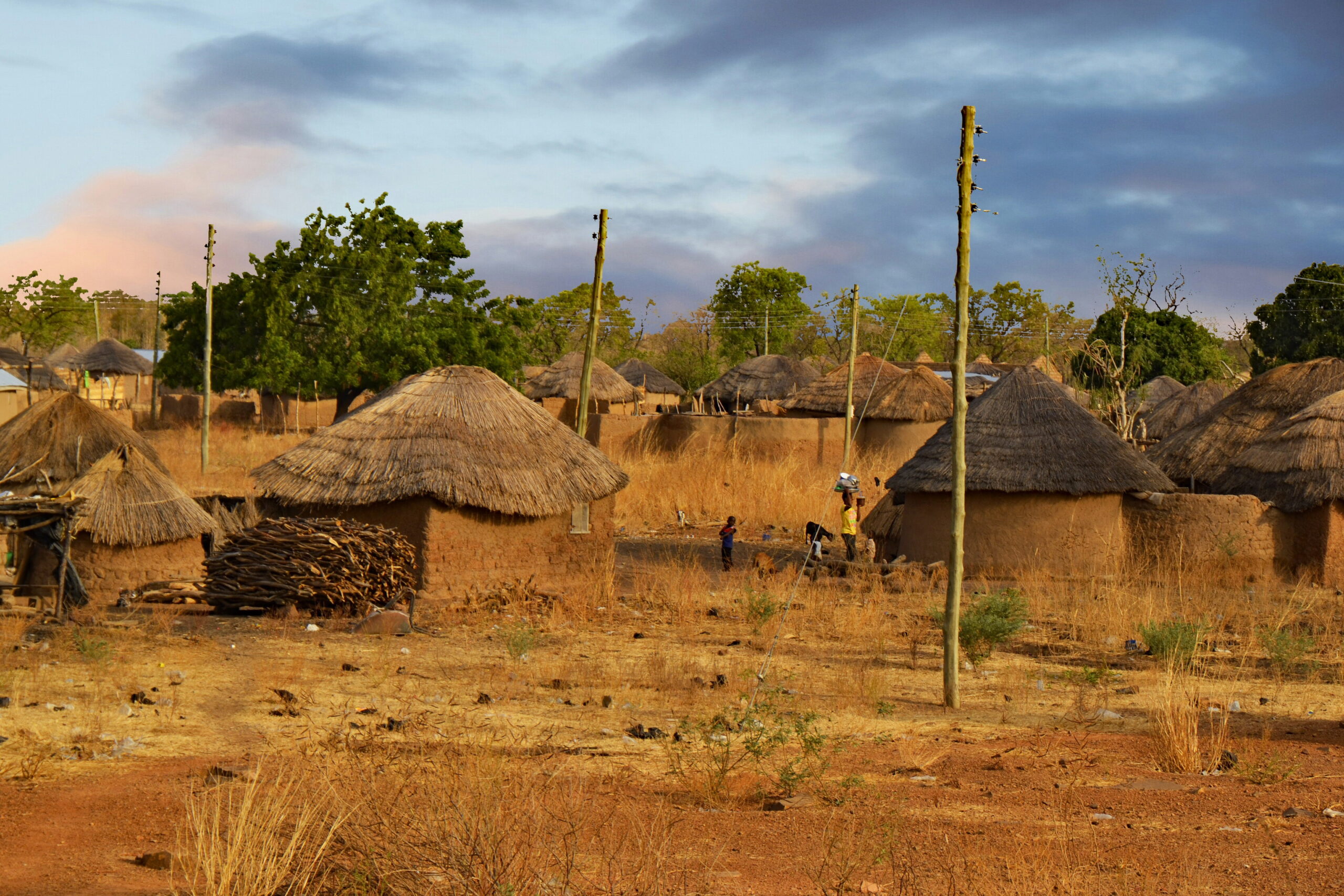
West African Zones of Peace and Local Peacebuilding Initiatives
In the context of civil war in Côte d’Ivoire and Sierra Leone, the line between “armed actors” and “communities” was porous, creating a situation where peacebuilders spanning these categories in some cases had special access to armed actors for the purposes of negotiation.
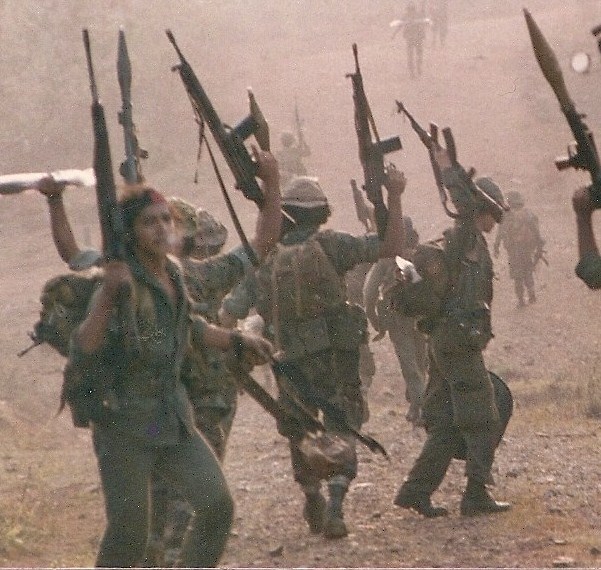
Consequences of Excluding Armed Actors from Peace Negotiations
The exclusion of some rebel groups from peace negotiations can perpetuate civil war, rather than hastening a resolution.
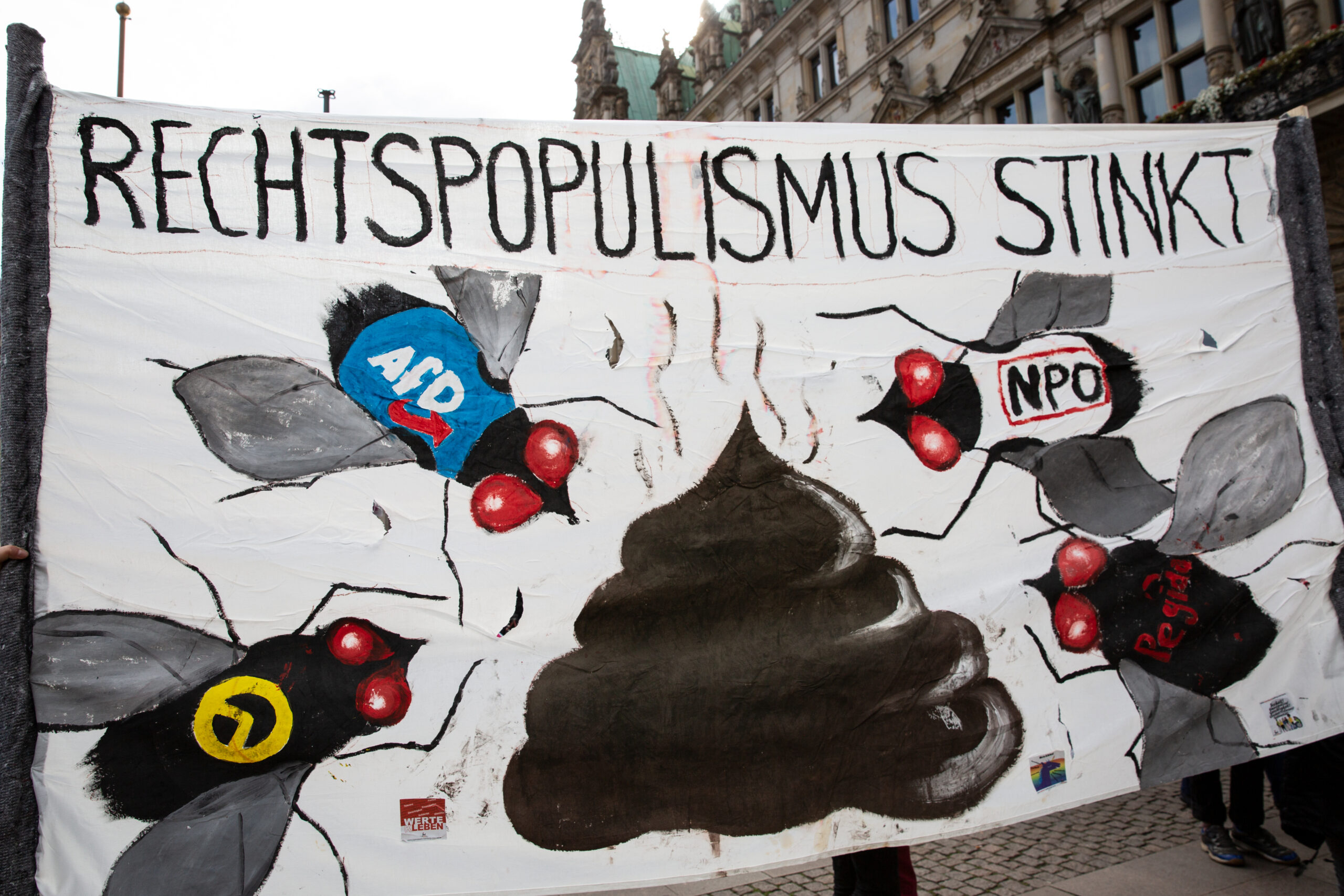
Making Civil Resistance Work against Rightwing Populism
The focus of civil resistance movements on ousting rightwing populist leaders is counterproductive because it plays into narratives of “us vs. them” and hampers efforts to gain broad-based support by polarizing supporters and detractors of rightwing populism.
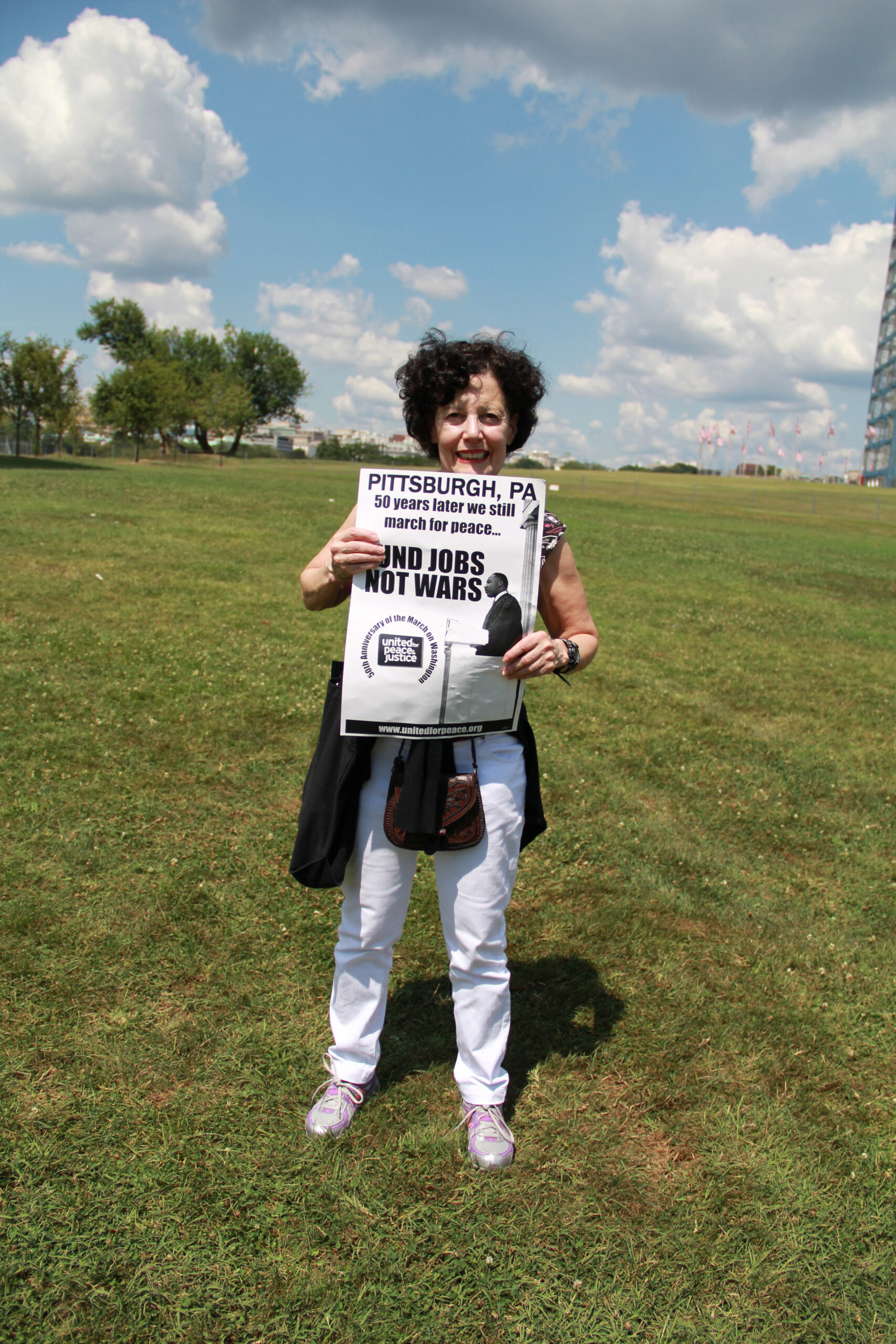
More Women in Government, Less Corruption, More Peace
When governments are less corrupt and have high levels of women’s participation, they are better able to promote and support peacebuilding.

Women’s Ethnic Organizations, Representation, and Informal Peacebuilding in Myanmar
Women play a crucial role in building peace at the grassroots level in Myanmar, even if they are not represented adequately in the formal peace talks.
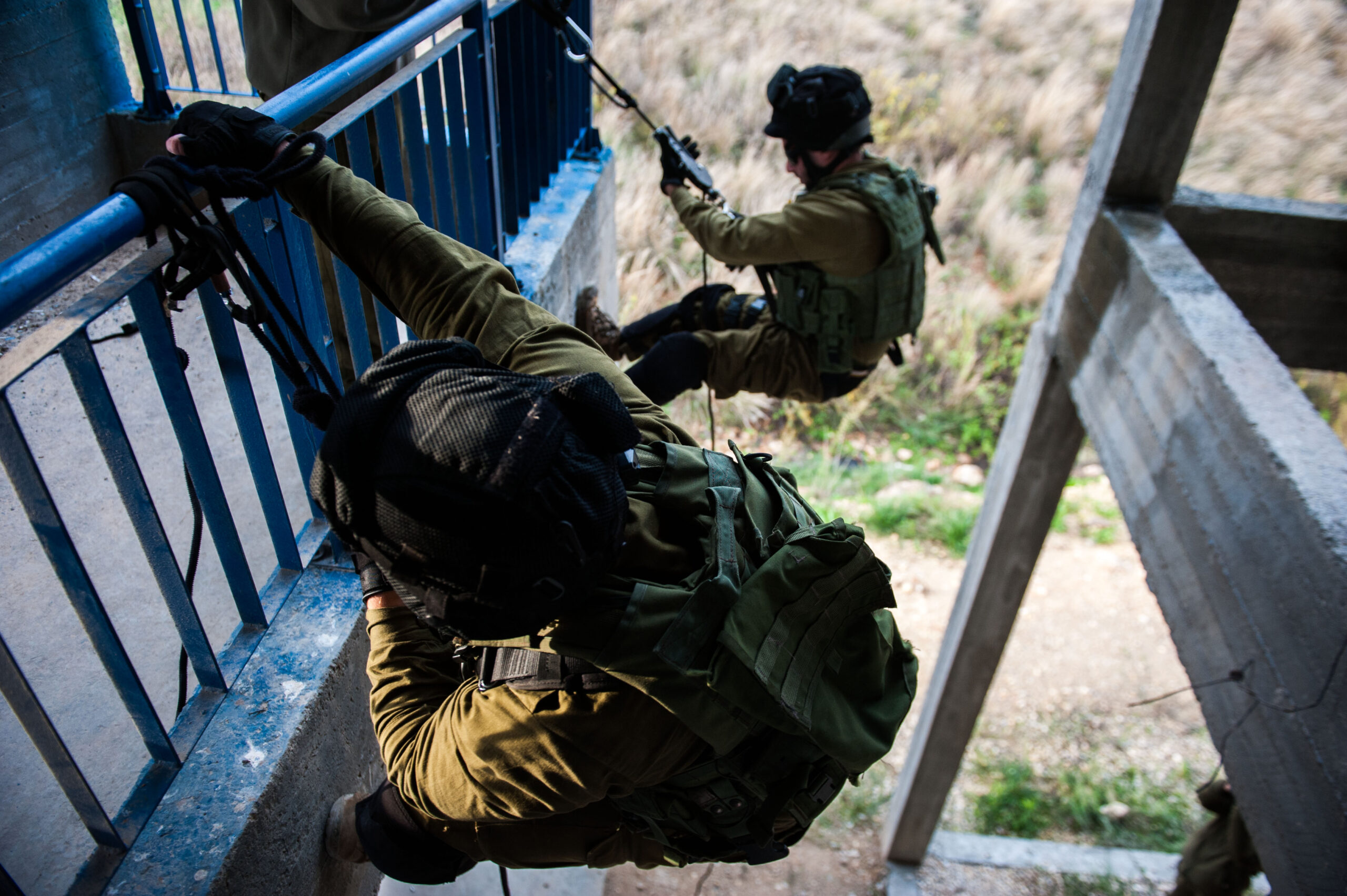
Assessing the Shift from Liberal Peacebuilding to Counterterrorism and Stabilization Operations
More militarized UN peacekeeping mandates do not address the root causes of conflict and can contribute to cycles of violence and terrorist recruitment.
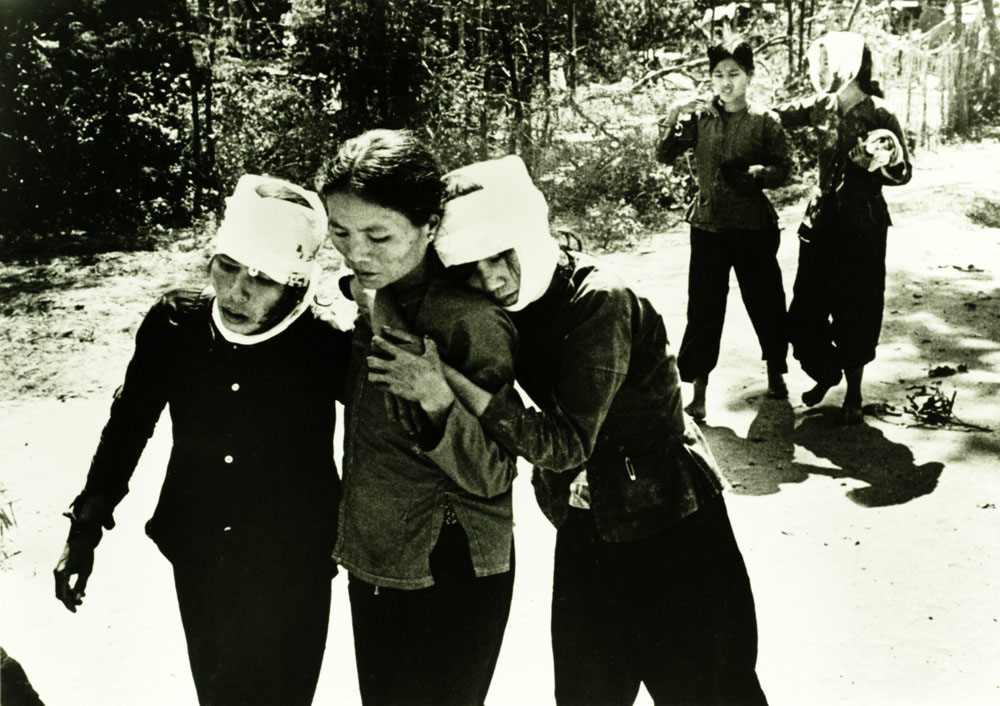
More Civilian Casualties, Less Support for Military Action
People care about deaths in war, whether the killing of their own soldiers or the killing of foreign civilians, which affects their support for military action.
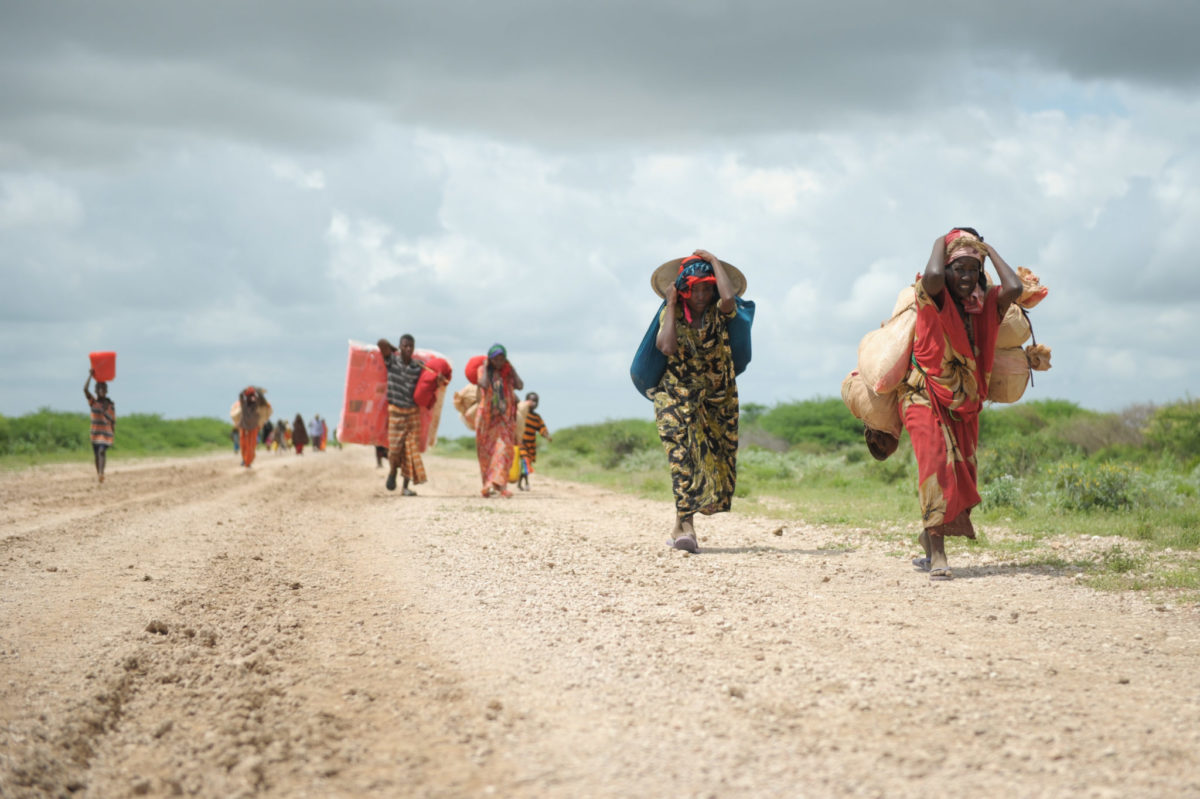
Exploring the Relationships Between Climate Change, Migration, and Violent Conflict
When climate change is framed as a security threat, it is often due to assumptions about how changes in the climate will cause mass migration, which will itself precipitate violent conflict.

Rethinking the Climate-Conflict Relationship
In 2016 and 2017, Eastern Africa experienced a drought that most experts believe to be linked to global climate change.
